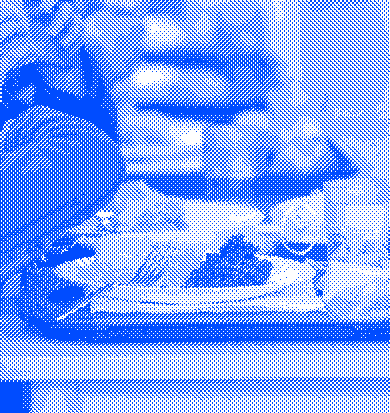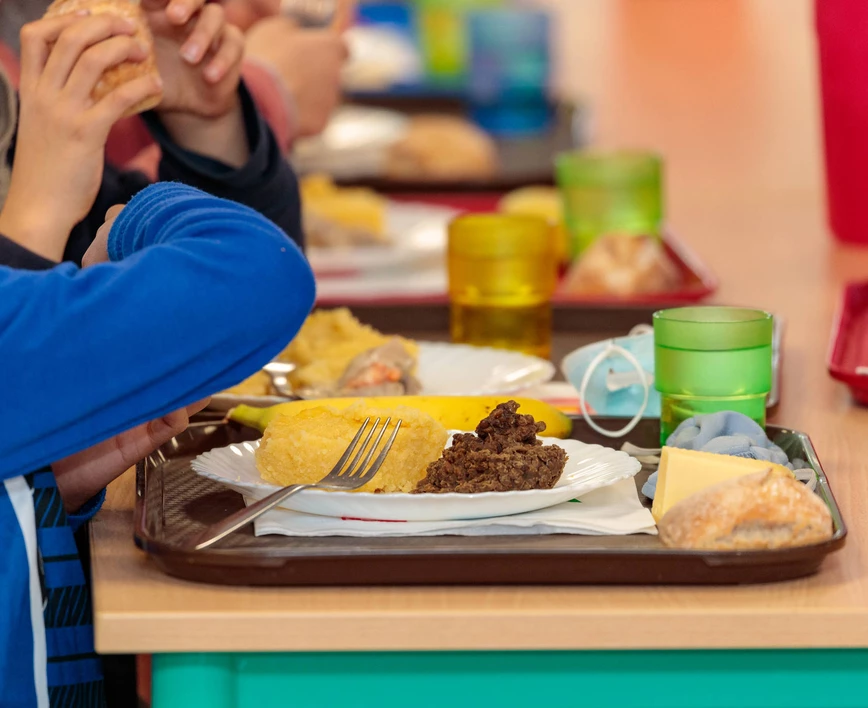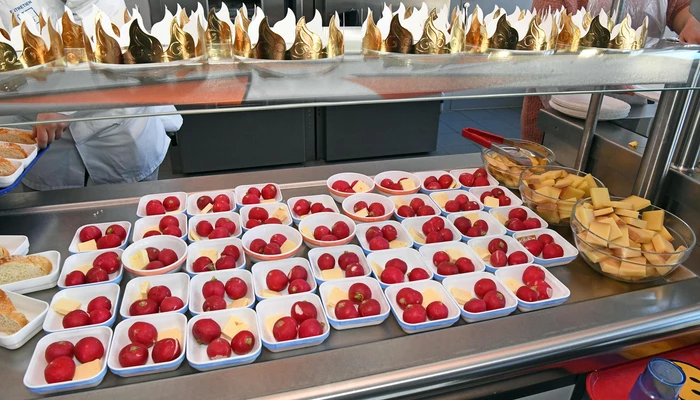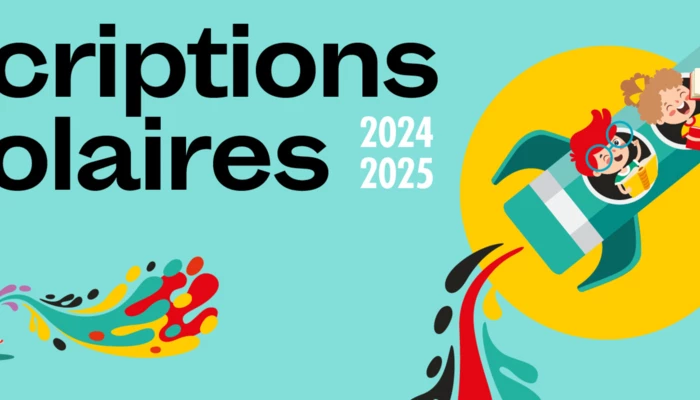Cooking well
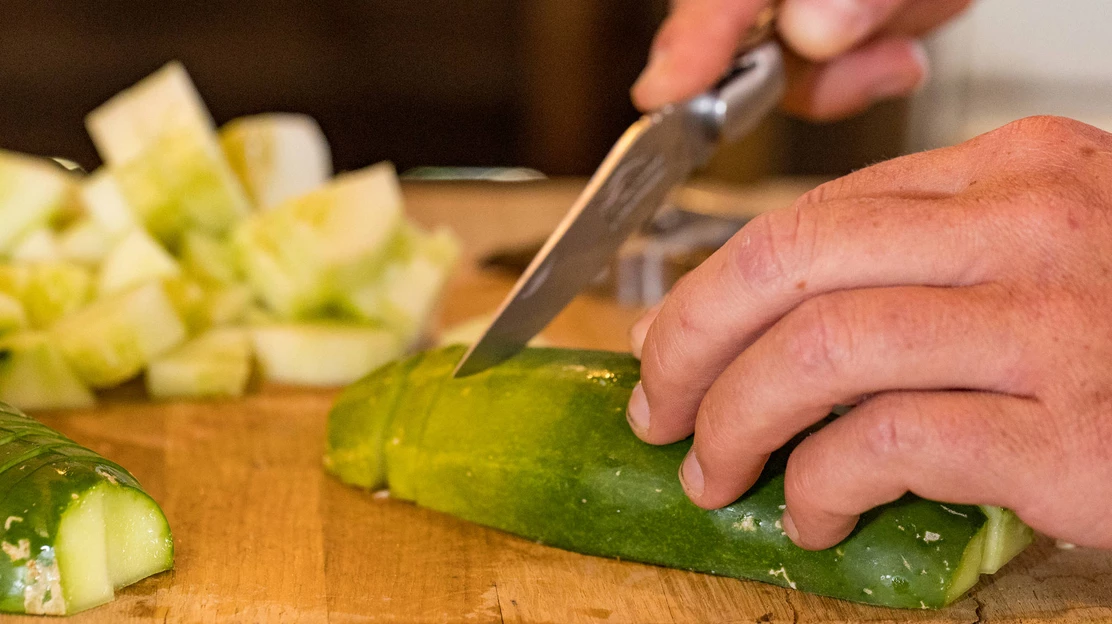
The meals served daily are planned to follow a sustainable, flexitarian food plan made up of 4 cycles of seasonal menus. This plan pursues several objectives: respect for product seasonality, nutritional balance, food discovery, taste education, organoleptic quality (flavor, smell, appearance, texture and consistency) of the dishes offered, and integration of the child into his or her territory through food.
Another central point: dishes are prepared in the central kitchen around the "home-made" promise. The city of Montpellier will be equipped with a new central kitchen by 2028, as part of the Cité de l'Alimentation project. It will have a production capacity of 18,000 organic/local meals a day. The future kitchen will be located next to the station market, in the Restanque district.
Explain

The City of Montpellier is committed to deploying its policy by involving the various stakeholders. To achieve this, several actions are being taken:
- Taking into account the opinions formulated by the school catering monitoring committee, chaired by the deputy delegate for food policy and urban agriculture and made up of researchers, associations, producers, industry players, teachers, parent representatives, catering professionals, central kitchen staff and schools.
- Tour of the central kitchen by the children's municipal council, who are working on projects linked to school catering (construction of a questionnaire, menu names...).
- Tours of the central kitchen are organized regularly on request to better explain how the central kitchen works.
- Meals in the canteens are organized once or twice a week by the deputy delegate for food policy in a school restaurant with parents, principals, the elected member of the school council, representatives of the Food Policy Department and the Education Department.
- Regular discussion sessions are organized between the elected representative, staff and families on the subject of school catering.
Eating well
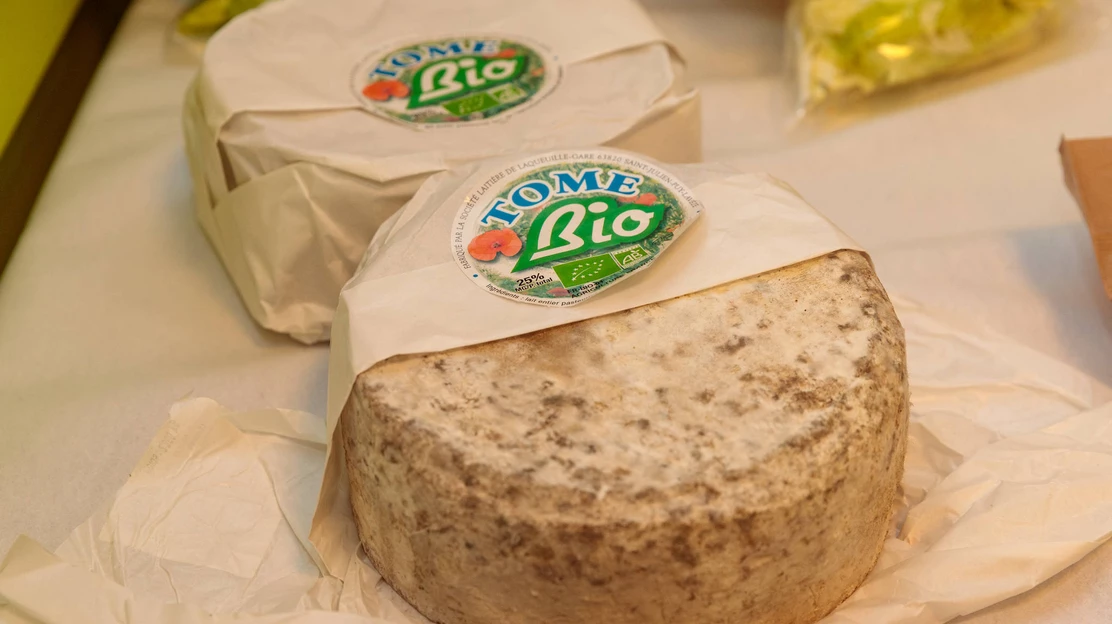
The City of Montpellier offers menus to encourage taste education and food discovery. Thus, canteen staff are trained to explain the provenance of products and traditional recipes.
Each school offers 4 menu options: flexitarian, meat-free, pork-free and vegetarian. Two vegetarian menus are offered to all students every week. Twice a month, there is a meal without animal proteins.
Self-service facilities are installed with the aim of improving children's autonomy, reducing food waste and reducing noise.
Since 2019, plastic trays have been phased out and replaced by compostable organic trays.
Sharing well
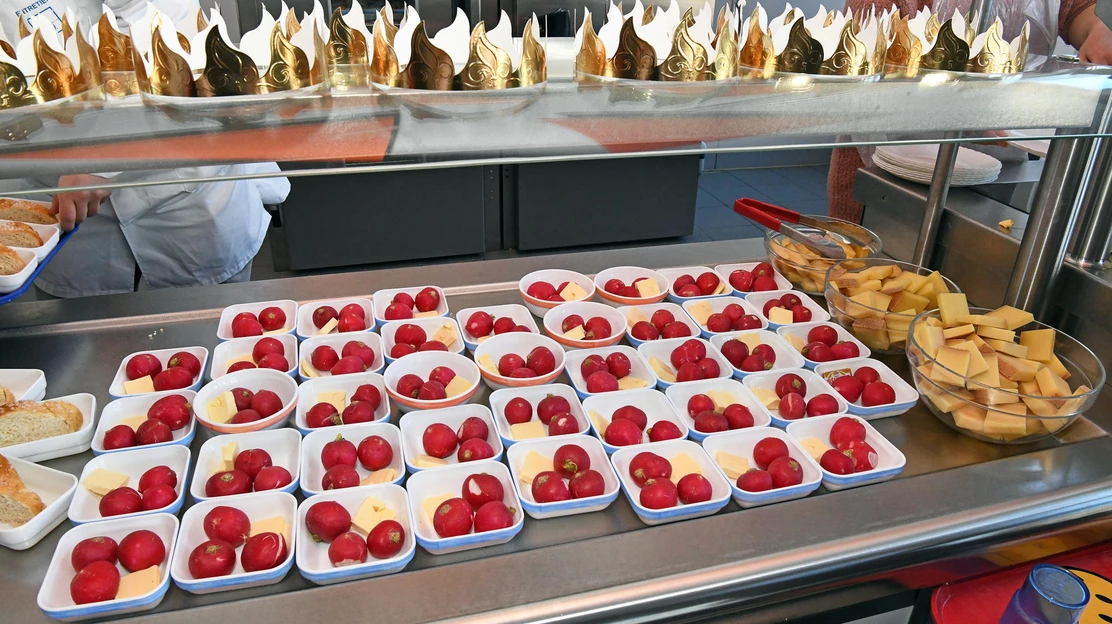
To promote access to quality food for all, the City of Montpellier is implementing fairer and more supportive pricing, reinforced measures to combat food waste (meal surcharges for non-reservations, unjustified absences...), and food donation agreements (donating surplus production from the central kitchen).
Buying well
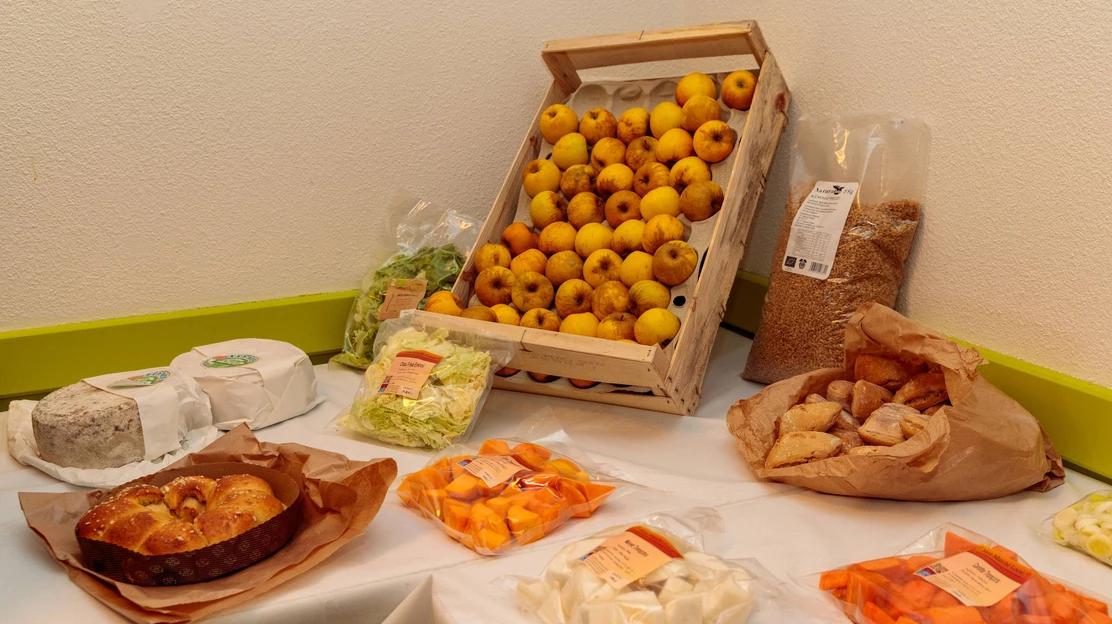
Tomatoes and melons from Lattes, meat from Meyrueis (Lozère), organic cheese from Aveyron, grapes from Plaissan.... In line with its policy of sustainable, local purchasing, the City of Montpellier offers children local, quality products.
For the 7 to 8 tons of daily merchandise, the City is aiming for 100% organic and/or local products by 2026. In 2016, 100% organic and local bread was integrated into all school restaurants and leisure centers in the area.
Raising awareness
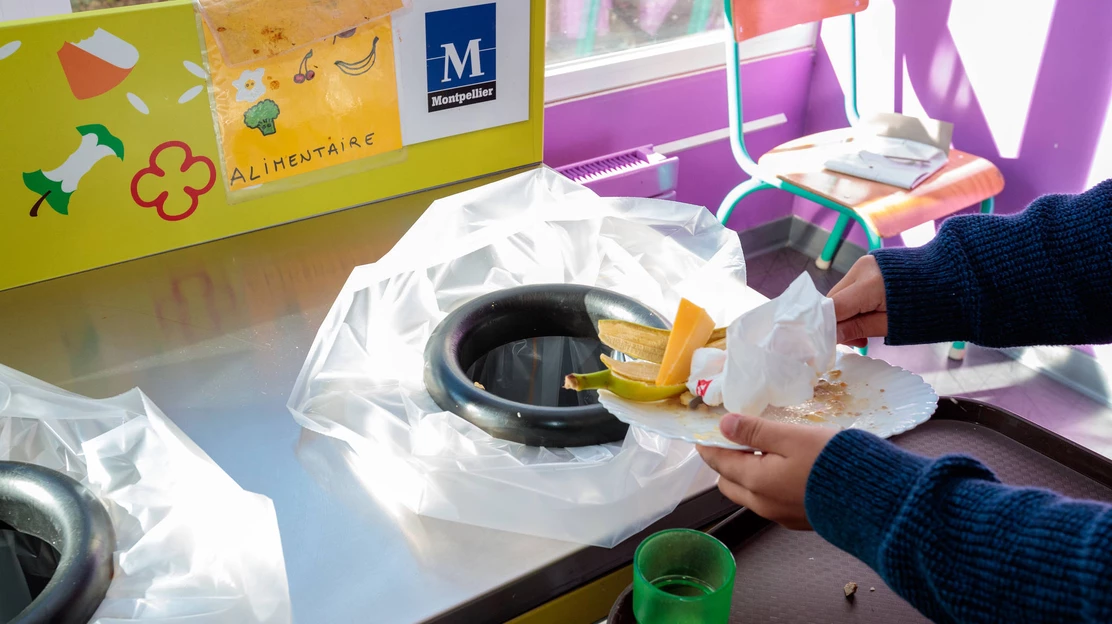
Each year, 6 pilot schools and 1 day-care center without accommodation are selected by the City to take part in the program to raise pupils' awareness of food waste and balanced nutrition.
A number of actions are deployed across the territory to raise children's awareness:
- Interactive, fun sessions are run during extracurricular time around food from February to July,
- An eco-schooler diploma is awarded at the end of the sessions,
- A show around food named "Opération brocoli" is offered by the Minibus company to schoolchildren,
- Events focusing on taste and nutritional balance are organized by the town's dieticians
- Sorting tables with integrated weighing and display of waste weight are made available to children so that they can sort their own waste and visualize the amount of waste produced at the canteen.
Since 2016, food waste has fallen by 26%, saving around 70 tonnes of food per year. The savings generated enable us to continue improving the quality of the products we buy.
